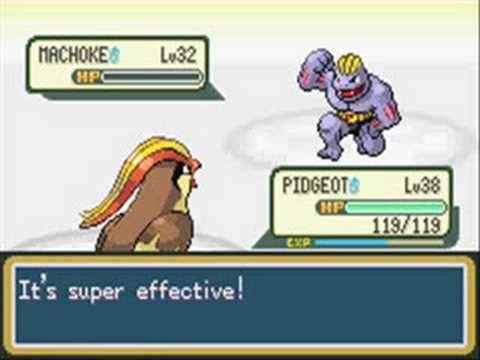Two big things feedback can do are 1) tell the player that the action they're taking is appropriate (that is, accounted for by the game and potentially helpful to the player) and 2) immerse the player in the world they're exploring. Number 1 can come in a few forms. Say you're playing a game where you pieces of equipment, each mapped to a button, and some are available only in certain locations - say you can only draw/use your sword outside. When you're outside, you want to be able to draw and swing that sword merrily by pressing the button it's attached to - the feedback is simple enough, we see the sword swinging and possibly enemies dying. When you're inside, if the sword is disabled, it's easy enough for the dev just to not let you draw it. However, it's helpful to have some indication that the button still works even it doesn't let you draw; flashing a little warning or playing a noise (like a low buzzer) can let you know that your message was received, your interface is working, and the game says no. Another good example are the places in Closure where you can't drop objects; when you press the drop button, the wall lights up behind you and an angry buzzer plays. If a button is supposed to be used in the game, it's nice to know that it's working even if it doesn't do what you want it to right now. Feedback can also be used to tell the player they're doing something correctly. In the Pokemon games, you may use an attack on the enemy that is more or less effective against that enemy than normal. When a not-very-effective attack lands, the sound is duller and lower-pitched than a regularly-effective attack. When a super-effective attack lands, the sound is higher-pitched and lasts longer. The attacks are even punctuated differently, with the phrases "It's not very effective..." and "It's super effective!" reflecting the excitement of the moment.
 |
| For a certain generation of gamers, this phrase is an adequate substitute for paternal affirmation. |
The immersion factor of feedback can't be overstated, and it's important in every way your character/player can interact with the world. Going back to Zelda again (it just does this so well!), pick any game in the franchise and think of what happens when you hit an enemy with your sword. For 2d games, a little sound will play, and the enemy will flash different colors and sometimes shrink back or bounce away, giving you the impression of combat and simulating damage - after all, in real life enemies DO change color when you hit them with a sword. In more recent entries, there's sometimes a rumble (tactile feedback) and a flash of light/enemy changing color or flinching (visual), and sometimes there's even a brief slowdown at the moment of impact that emphasizes it. The sound has a big effect too: Link's sword usually makes a swishing sound as it passes through empty air, but when it hits an enemy it makes a shearing sound like it's passing through something, and sometimes a triumphant note plays in the music.
Paternal affirmation is a powerful thing. Coincidentally, when my history essay was due, I asked my dad if he thought I was persuasive with my arguments concerning the future of armed warfare after the Battle of Hastings. "It's super effective!". I'm pretty sure he had no idea what I was talking about.
ReplyDeleteThe grapefrukt guys gave a decent talk on "juicy" games being inherently more fun. They are proponents of going overboard on feedback in order to catch attention and generate excitement while playing - two effective ingredients for making a fun game.
Here's the talk:
http://www.youtube.com/watch?v=Fy0aCDmgnxg
And the game:
http://grapefrukt.com/f/games/juicy-breakout/
I like thinking about the flipside of this as well. Are there times when it pays to cut out the feedback? In movies, the sound often cuts out happens after grenades or munitions hit close to the main character. If we want players to be unsettled, should we cut the feedback sounds? What if they go into space?
ReplyDelete